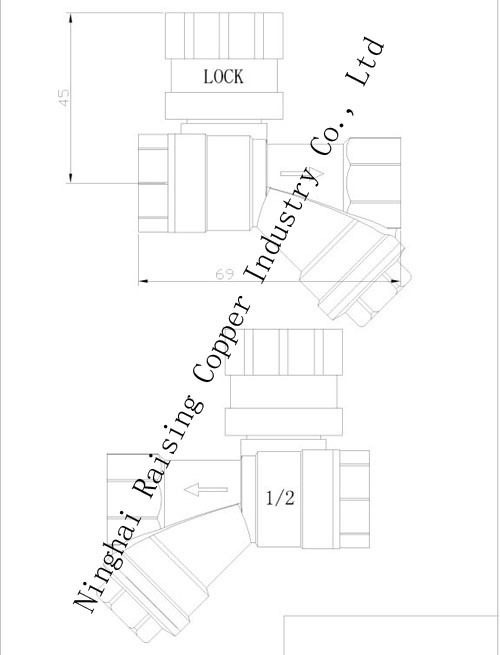Brake Pads convert the kinetic energy of
the vehicle to thermal energy through friction. Two brake pads
are contained in the brake caliper, with their friction surfaces facing
the rotor. When the brakes are hydraulically applied, the
caliper clamps or squeezes the two pads together onto the spinning rotor to
slow and stop the vehicle. When a brake pad heats up due to contact with
the rotor, it transfers small amounts of its friction material onto the
disc, leaving a dull grey coating on it. The brake pad and disc (both now
having the friction material), then "stick" to each other, providing
the friction that stops the vehicle.
In disc brakes, there are usually two brake pads per disc rotor.
These are held in place and actuated by a caliper affixed to the wheel hub
or suspension upright. Racing calipers, however, can utilize up to
six pads, with varying frictional properties in a staggered pattern for optimum
performance. Depending on the properties of the material, the weight of the
vehicle and the speeds it is driven at, disc wear rates may vary. The brake
pads must usually be replaced regularly (depending on pad material) to prevent
brake fade. Most brake pads are equipped with a method of alerting the driver
when this needs to be done. A common technique is manufacturing a small central
groove whose eventual disappearance by wear indicates the end of a pad's
service life. Other methods include placing a thin strip of soft metal in a
groove, such that when exposed (due to wear) the brakes squeal audibly. A soft
metal wear tab can also be embedded in the pad material that closes an electric
circuit when the brake pad wears thin, lighting a dashboard warning light.
Brake Pads Brake Pads,Rear Brake Pads,Front Brake Pads,Changing Brake Pads LIXIN INDUSTRIAL & TRADE CO.,Limited , https://www.kgvsparkplug.com
Material: Forged brass
Size: 1/2
Customized designs and specifications are accepted
Appicable media: Water, no-causticity liquid
Specifications:
1. Size: 1/2
2. Material: Brass, stainless steel mesh
3. Nominal pressure: 2.0MPa
4. Working medium: Water, seawater, non-corrosive liquid, saturated steam
5. Working temperature: -20 to 180 degrees Celsius
6. Packing: Export Standard
7. Deliver Time: Within 30days after received payment in advance
8. Payment Terms: T/T, L/C
Forged Magnetic Lockable Ball Valve with Strainer
Model NO.: NRL003
Trademark: NRCI
Specification: 1/2"
Origin: China (Mainland)
HS Code: 8481804090
Lockable Ball valve with strainer, Y strainer ball valve, Magnetic lockable valve